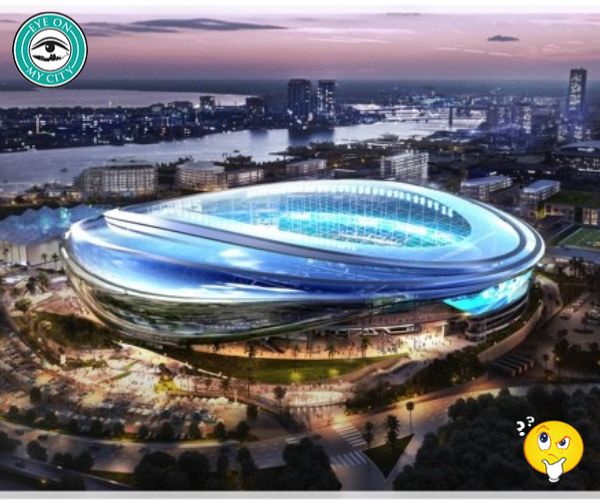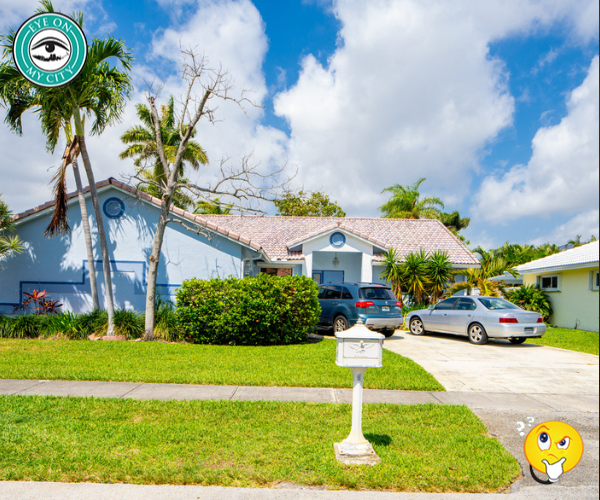Finally, the taxpayers have learned what the honor of continuing to have a professional football team would cost them over the next three decades.
Now they must ask themselves, is it worth it?
A lot of numbers were thrown around during the presentation at the City Council, but a lot of questions are left.
One is: What about the “community benefits” in the plan. Are they real or merely moving money from one pocket to another? Are they really benefits?
The $1.25 billion cost of the stadium renovation would be split evenly between the team and taxpayers, but then another $150 million is extracted from the taxpayers to pay for maintenance and repairs that have not been done. That makes the total cost to the taxpayers $775 million.
But they will get another $150 million hit in the future to pay for “community benefits” and the team will match that amount.
Exactly what those benefits will be is likely to be one of the most debated issues when seven separate bills go through the council. The benefits will be spelled out in one of those bills.
There will be a series of community meetings to try to sell the plan. People at those meetings should ask questions.
The Big Question: What are the actual costs and benefits of having an NFL team?
Both the team and the city have done studies. The team estimated the total economic impact of $21.7 billion in the Jacksonville economy from 2028 to 2052, which is expected to support 9,301 annualized full-time and part-time jobs and generate an estimated $1.3 billion in state and local taxes.
Privately, insiders say taxpayers lose money on the stadium, like they do on many other city functions such as recycling.
But they gain a lot of prestige and by using imaginary numbers you can show a lot of “multiplier effect” dollars in economic impact studies. These dollars undoubtedly exist in the form of jobs and businesses that make money from the team’s presence, and from tourism, but economists are skeptical about the methods used to calculate them.
The Chamber of Commerce must believe them because they quickly endorsed the plan.
Opponents want to hold a referendum but a referendum isn’t likely.
Mayor Donna Deegan knocked down that idea at one of a series of community meetings, saying, “I believe the referendum was my election back in May.”
She apparently is a Democrat who doesn’t believe in democracy. “If we start putting every leadership decision to referendum, we’re not going to get very many things done in this city,” she said.
One issue off the table is the idea of selling or giving the stadium to the team. Four other NFL teams own their own stadium, but 28 don’t.
How would team ownership benefit the taxpayers, who would no longer get rent from the stadium?
At the current tax rate, a piece of property worth $1.4 billion would produce $15.8 million in taxes the first year and it would grow each year. That would be a huge and tangible community benefit.
But the Jaguars have made it clear. They don’t want to own the stadium.
There are some good points. No new taxes, a relocation agreement in case the team leaves and a provision that the team would pay for any cost overruns on the stadium.
In the end it will come down to whether the city will foot the bill or lose the team. Council members are being told that if we don’t do this to keep them we still are going to spend hundreds of millions of dollars on the stadium in order to keep the Gator Bowl and Florida-Georgia games but we won’t have the prestige of having a professional football team anymore.










